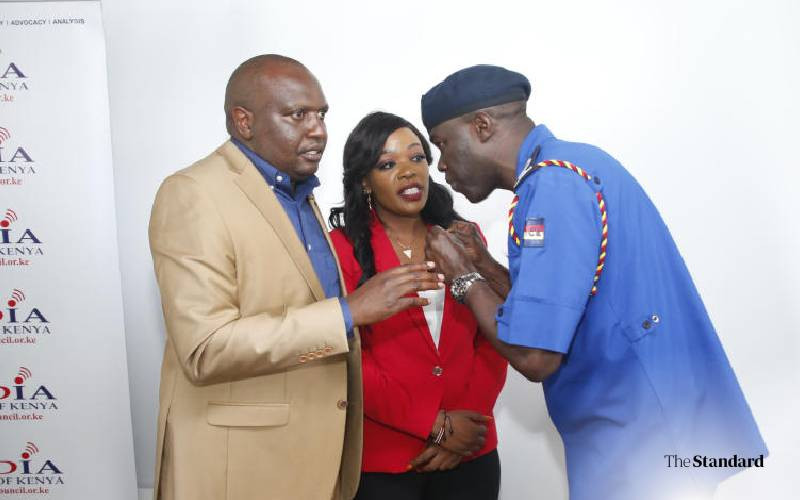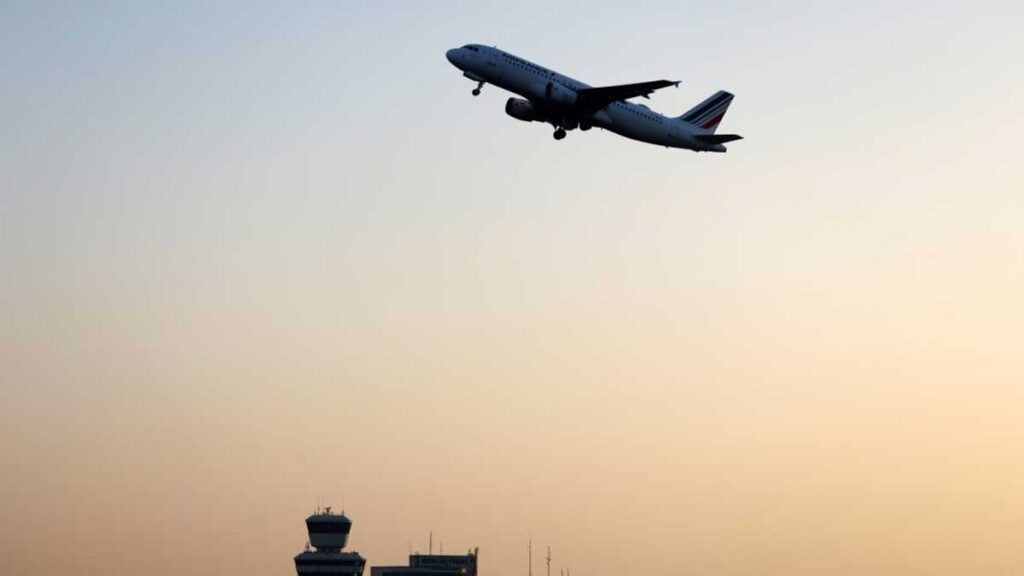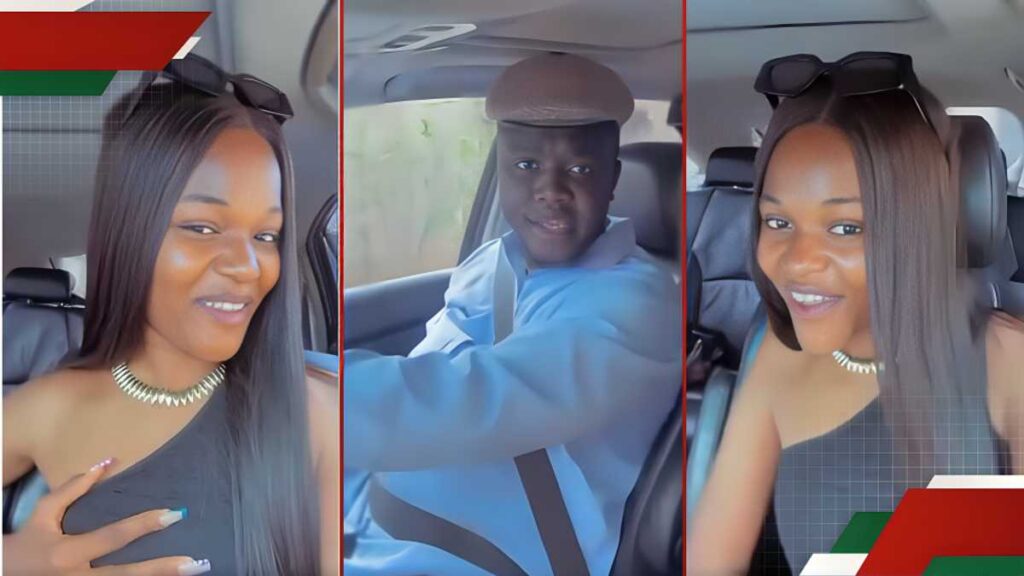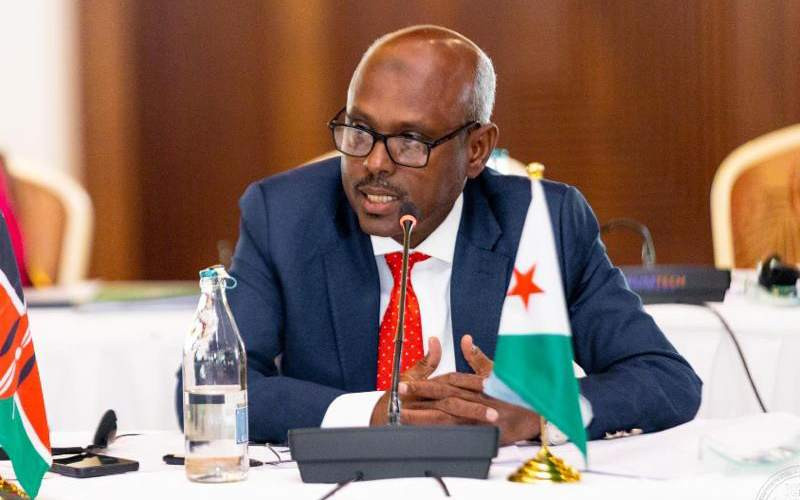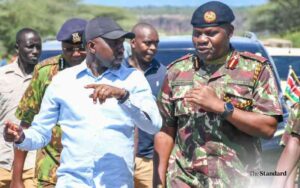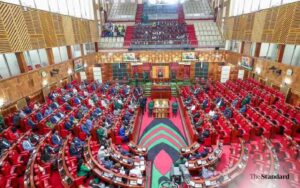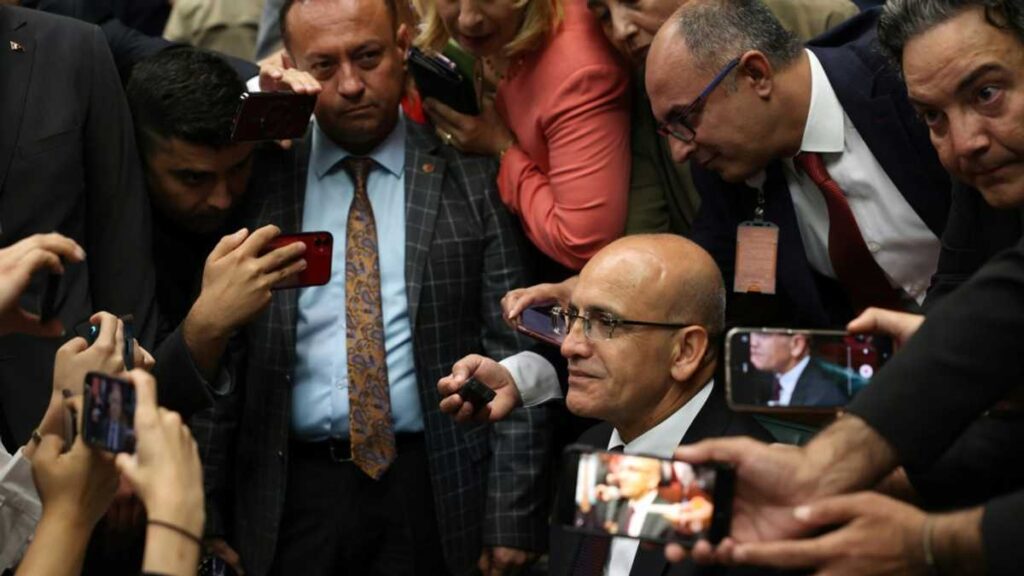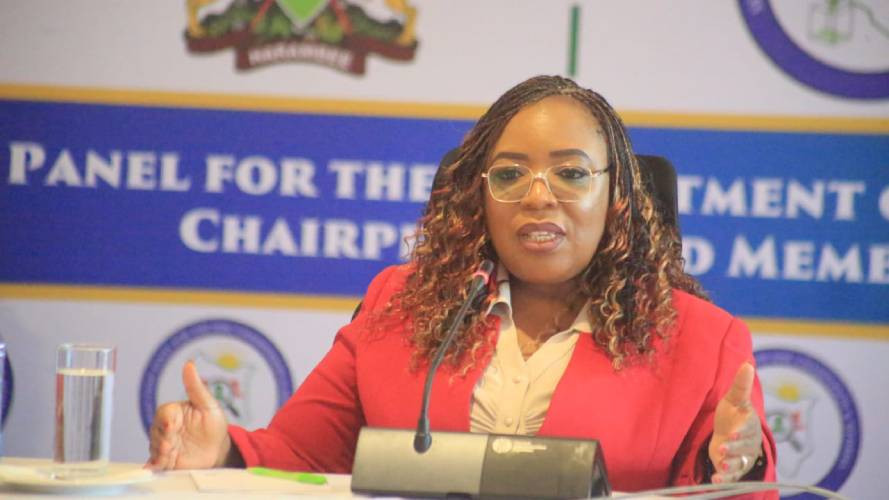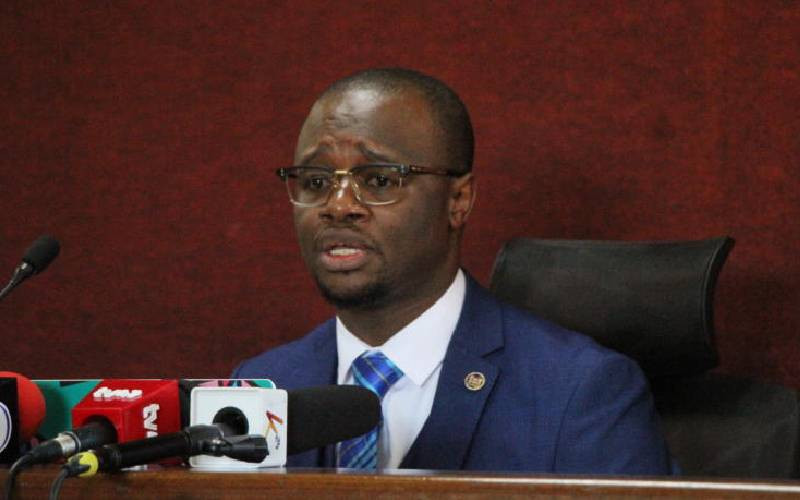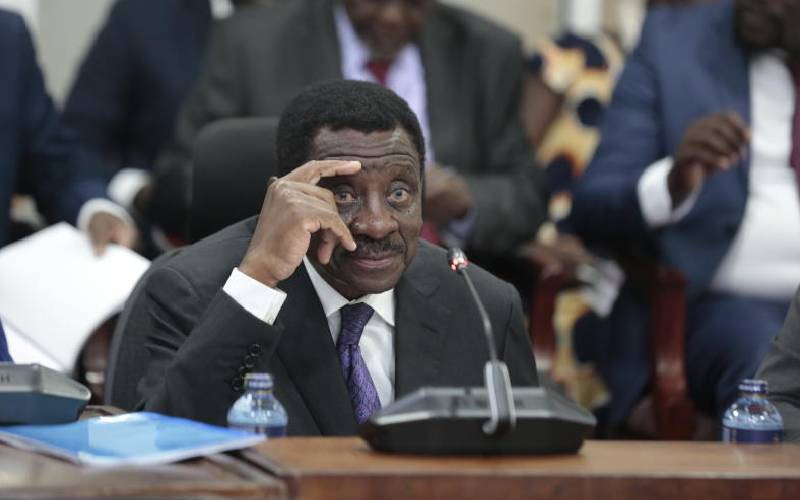Calls to enhance the safety and security of journalists dominated this year’s World Press Freedom Day. The government and the general public were urged to ensure the safety of journalists.
These calls were made yesterday by media practitioners during an event ahead of the celebration of the annual World Press Freedom Day, marked every 3 May.
They also challenged journalists and media houses to embrace changing technology, such as adopting Artificial Intelligence (AI).
The day, set aside by the United Nations General Assembly, highlights the vital role of press freedom in any democratic society and honours the bravery of journalists.
It also advocates for media independence and raises awareness about threats to press freedom worldwide.
This year’s theme is: “Reporting in the Brave New World: The Impact of Artificial Intelligence on Press Freedom and the Media.”
Media houses were urged to improve the remuneration of journalists working for them.
A survey by the Media Council of Kenya (MCK) revealed that 75 per cent of journalists working in media houses have written contracts, while 80 per cent of freelance journalists do not have written contracts with any media outlets.
In the survey, ‘‘An Assessment of the Media Environment in Kenya’’, conducted on journalists accredited by MCK for the year 2024/25, more than half (52 per cent) of journalists do not have medical covers.
Kenya Union of Journalists Secretary-General Eric Oduor called upon media houses to improve staff welfare, especially by paying journalists on time and providing them with dignified salaries.
“If you look at our Constitution, Chapter Six, Article 41, it states that every Kenyan has a right to fair labour practices. If we are able to stick to that, I believe all of us will be working and living just like other professionals,” said Oduor.
MCK Chief Executive Officer David Omwoyo described as “sad” the continued harassment of journalists, despite police officers committing to protect them.
“We realise that we have police officers who say one thing and do another, and this has been consistent. The statements from the police are very clear, and everybody knows,” said Omwoyo.
He added: “Sometimes, when you think about the police’s commitment to press freedom and everything they promise, such as protecting journalists, we must ask ourselves: why are journalists still being hospitalised. It’s very difficult to reconcile that, and we really need to reflect on it.”
Stay informed. Subscribe to our newsletter
Zubeidah Koome, president of the Kenya Editors Guild, said it is unfortunate that the industry has already lost about 10 journalists since the start of the year.
“We have lost about 10 journalists in just the first few months of 2025, a painful reminder that behind every byline, news report, and link, there is a human being with a family, a calling, and a commitment to serve,” said Koome.
She added: “Their absence is deeply felt, and their contribution to our profession will never be forgotten. May their courage inspire us, and may their souls rest in eternal peace.”
Koome also noted that it has been a tough year as the space for press freedom continues to shrink, even as the need for accurate, ethical, and fearless journalism grows.
“In the past year, we have seen journalists do their job under extraordinary threats. During the Gen Z-led protests last year, morethan 20 journalists were assaulted, several were detained, others had their equipment destroyed, and one was abducted,” said Koome.
National Police Service Spokesperson Michael Muchiri emphasised that it is imperative to cultivate a sound and enabling relationship between the police and the press.
“Today, I can report that Kenya ranks fairly well among the countries that have entrenched a culture of good police-press relationship,’’ he said.








